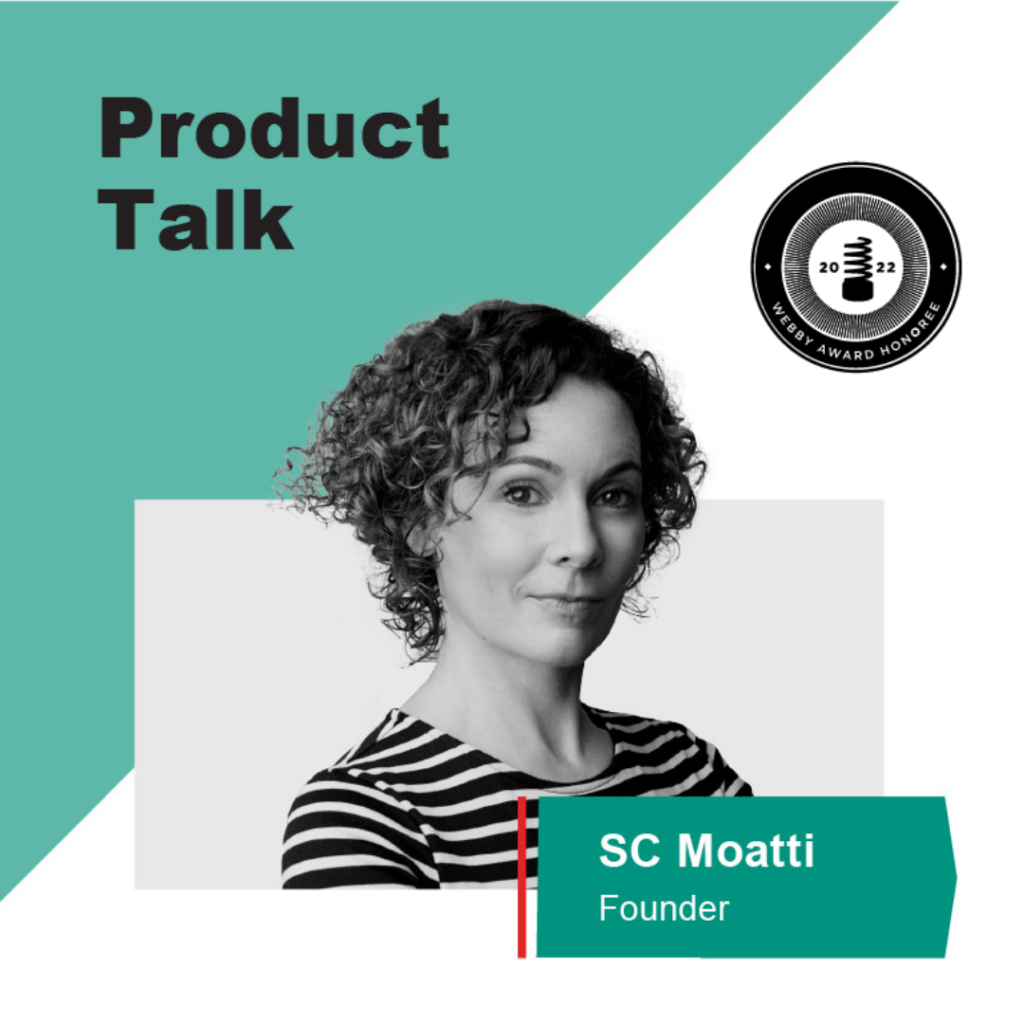There are a lot of things that are preached as “truths” when working at a startup. However, they’re not actually true once you take the time to dig under the covers. For example, people say that the best product usually wins. That’s something I’ve been preached to, understood, and internalized as true. Eventually, you realize they’re not absolute product truths and it’s a little heartbreaking.
There’s a lot of other factors at play regarding your business and competitors. So, the idea that the best product always is nice, it’s a really great theory to have- but in the real world it does not actually play out.

Regarding Product Truths
Recently I had a conversation with a fintech investor who invests solely in fintech companies. He believes that all the existing fintech products are terrible. For this reason, he believes that it’s easy in this category to build a 10x better product. Nonetheless, that might mean that the product is better than the existing thing, but it might not be the best.
What is considered the best product depends on your definition of “the best”. Some people define the best product as the one that is easiest for the users to use. Others define the best product as the one that makes the most money. Then there are those that believe the best product is the one that uses the newest coolest technology in an amazing and innovative way.
Learned Lessons From Quibb
Quibb, which I shut down in 2017, was a professional network to share industry news and analysis. It functioned most comparable to Twitter- the content people shared would show up on your feed. You could comment on it and have discussions about whatever content was shared.
One of the biggest problems Quibb faced was this existing mental model of how email worked. Quibb sent out a newsletter to users that linked-to articles that their connections on Quibb read. This was all made possible by an algorithm that ran in the background of the product. It was the actions of the users in the product that were creating the content in the email and not a copywriter.
At the time email made sense as the main channel to communicate with users. However, since email operates as a channel and as a medium it was difficult to work with. Usually, there’s a channel that acts as the method of transmitting a message, and then you apply your own medium which facilitates the exchange information. But email is this all-encompassing thing. So you don’t have a lot of flexibility in terms of how you present the content.
Eventually, we realized that people were not using the actual product to get their content – they were just clicking on the links in the emails. This created a problem for us – without users interacting with the product the algorithm, that wrote the emails, began to have trouble generating new content links.
About the speaker
Sandi MacPherson started Quibb in 2013 from the heart of Silicon Valley, in small cafes on University Ave in Palo Alto. Before starting Quibb, Sandi worked in cleantech, graduating with her MBA from Schulich School of Business after roles at Environment Canada and Social Venture Partners.